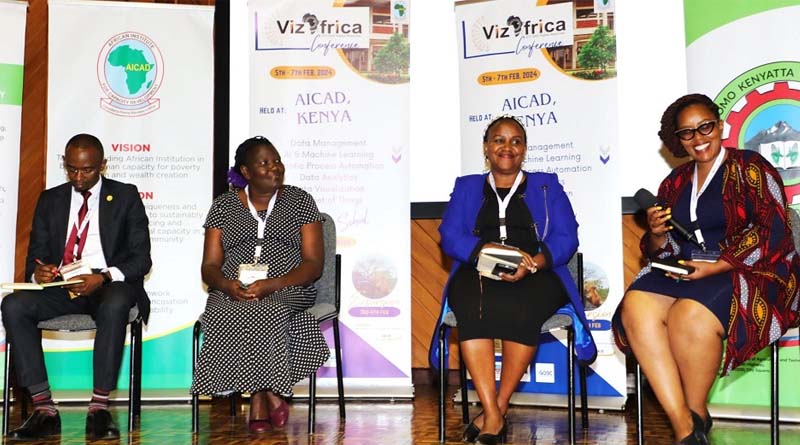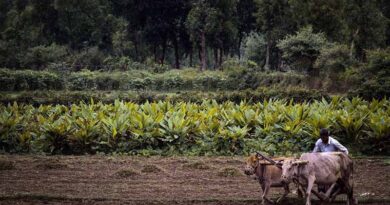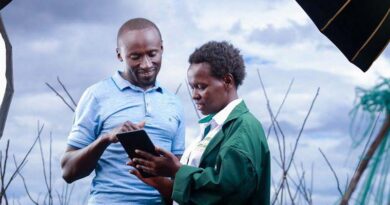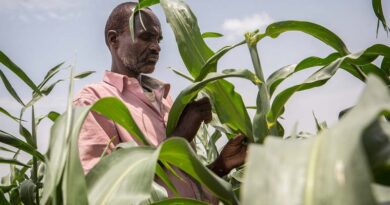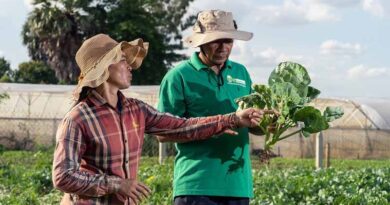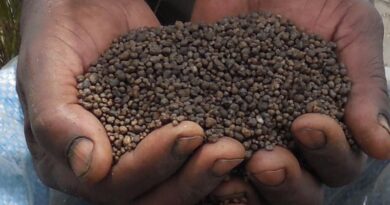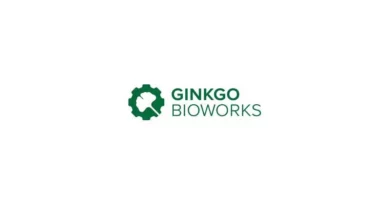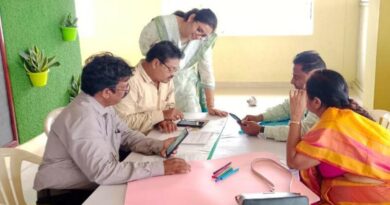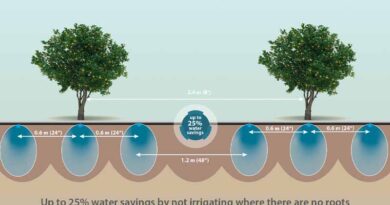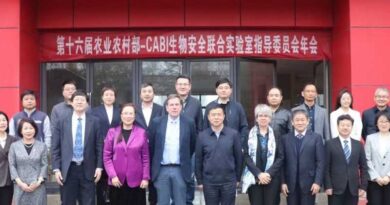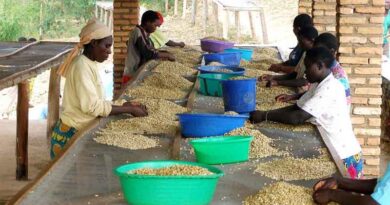CABI’s expertise in digital development highlighted at VizAfrica Conference 2024
28 February 2024, Africa: CABI’s expertise in digital development has been highlighted at the VizAfrica Conference 2024 – dedicated to using data and information visualization to address key challenges in Africa, particularly in agriculture, health, nutrition and development.
The event was hosted by the African Institute for Capacity Development (AICAD) and held at Jomo Kenyatta University of Agriculture and Technology (JKUAT) in Nairobi, Kenya. AICAD is the home of the Africa Open Science Planform (AOSP) East African Node, which focuses on advancing open science initiatives locally.
The VizAfrica Conference aimed to promote the use of data and information visualization in addressing the key challenges in these areas, emphasizing the need for a comprehensive approach to tackle all forms of malnutrition.
It also sought to enhance the productivity and incomes of small-scale food producers, strengthen resilience in food production systems, and advocate for the sustainable use of biodiversity and genetic resources.
Emerging trends in data visualization
The conference drew participants from research, policy, development, government, academia, and private sectors, fostering networking, knowledge sharing, and collaboration. It provided a platform to share ideas, highlight innovative projects and discuss emerging trends in data visualization.
This was the second conference to be held in Kenya. The first at the International Livestock Research Institute (ILRI) in 2016 was themed ‘Harnessing the Power of Data and Information for Food Security and Nutrition in Africa.’
Lucy Karanja, CABI’s Content Manager, based at its regional centre for Africa in Nairobi attended the conference which this year was held under the theme of ‘Data stewardship and use for scientific and socio-economic development.’
Overview of the use of data and information visualization
Ms Karanja participation as a panellist was to review the keynote speeches and provide a brief overview of the use of data and information visualization in agriculture, nutrition, and food security, specifically focusing on CABI projects over the past five years.
These included the CABI-led Pest Risk Information Service (PRISE) which used predictive analytic models to forecast potential pest outbreaks based on historical data, weather patterns, earth and field observations and other relevant factors.
Other examples included the Plantwise programme, led by CABI, in which ‘plant clinic dashboards’ are used to visualize data from plant clinics, offering insights into prevalent crop diseases, pest occurrences, and recommended solutions.
Furthermore, digital tools from the PlantwisePlus Toolkit were highlighted. These included the Pest Risk Analysis (PRA) Tool to assess and manage the risks associated with the introduction and spread of pests, including insects, pathogens, and invasive species.
The CABI BioProtection Portal was also featured as a centralized platform for information related to biocontrol agents and methods, supporting sustainable pest Integrated Pest Management (IPM) practices.
Challenges such as climate change, food insecurity, and nutrition deficiencies
Ms Karanja said, “The keynote speeches highlighted the importance of data visualization in addressing challenges such as climate change, food insecurity, and nutrition deficiencies.
“Speakers emphasized the need for innovative approaches to data collection, analysis, and visualization to inform policy and practice. Notably, it was evident that the population in Africa is projected to reach approximately 1.7 billion by 2030, according to estimates by the United Nations. Unfortunately, the land where food is grown is fixed and in worst-case scenarios diminishing.
“Panel discussions explored case studies and best practices in data visualization, showcasing how visualizations have been used to improve agricultural practices, food security, and nutrition outcomes in different contexts. Lack of expertise in data mining was highlighted as a concern.”
Ms Karanja added that one of the main challenges faced by researchers, practitioners and policymakers in agriculture is the lack of access to real, actual live data for validation of data visualization and modelling tools.
“However, it emerged from discussions that CABI is unique in that it gathers different types of data, either in real-time or historical, which can be valuable for validating these tools,” she said.
While CABI is actively engaged in collecting, analyzing, organizing, storing, and visualizing data to inform decisions for end users, it also faces challenges experienced in the industry, Ms Karanja stressed.
“Given the importance of data analysis in uncovering valuable insights, CABI should continue to invest in data analytics capabilities. For example, partnering with institutions that can use real data for modelling would be a significant step in keeping the data live and valid.
“This approach would enable the organization to extract meaningful information from its data, and identify trends, and patterns that can inform its programs and services,” she said.
Also Read: Marut Drones and PJTSAU’s Direct Seeding Device Receives World’s First Utility Patent
(For Latest Agriculture News & Updates, follow Krishak Jagat on Google News)

